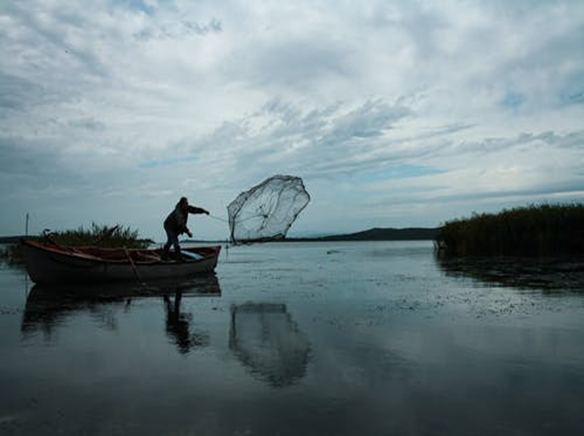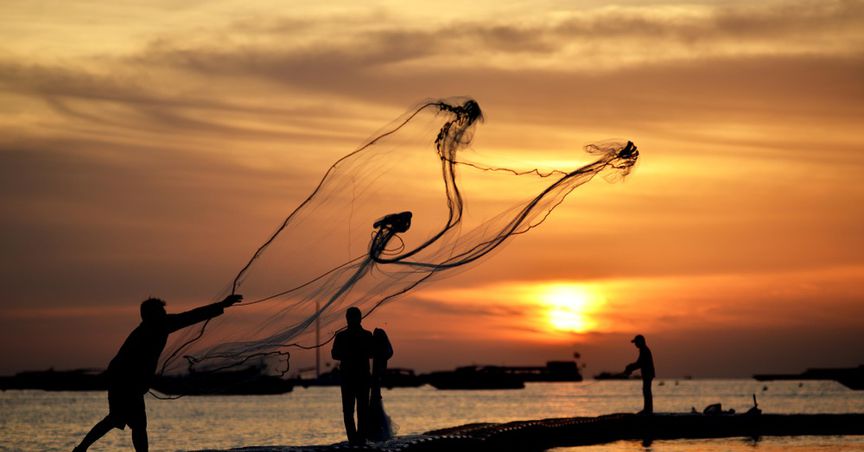Summary
- COVID-19 lockdowns lead to increased illegal fishing activity.
- Naval Patrolling on the seas also takes a backseat due to lockdowns.
- Impact felt on small-scale fishing communities.
Fishing is an important primary industry and is an important source of food for most Kiwis. In fact, for the early settlers, it was the main source of food. New Zealand is also blessed with the largest area and seabed in the world and it’s better than many countries from sustainability and health’s point of view.
Illegal fishing increased during COVID-19
The COVID-19 lockdowns turned into an opportunity for illegal fishing. Even though due to the COVID-19 situation, there was a decrease in fishing effort by almost 10%, at the same time, illegal fishing increased due to reduced law enforcement activity. Even patrolling decreased due to other priorities during the pandemic. Fisheries observer programmes of the government also reduced considerably.
This had an impact on the small-scale fishing communities. There were reports of heightened illegal fishing by foreign vessels as much of the government’s priorities shifted towards the pandemic control. Furthermore, in most of New Zealand, the pandemic had a devastating impact on tourism and the arrival of global visitors. That also put a lot of pressure on local communities to meet their need for food.

Ministry of primary Industries is concerned about the illegal fishing and said there had been several instances of illegal harvesting of seafood on the coasts. This is a cause for worry and concern for the Ministry of Primary Industry (MPI). It has come to the notice of MPI that people were breaking fisheries rules and regulations. It is a serious cause for concern as it not only have social and environmental implications but also distorts competition and harms the economic survival of those who fish legitimately.
Illegal catches have bearing on total stocks
To make sure that the fish stocks don’t fall too low, one has to restrict the illegal catch as it could be a big problem for the stocks.
In the recent raids, the ministry officials have caught several groups with hauls. These groups were able to put almost 3000 cockles and 156 undersized paua in the sea. The offenders usually say that they were unaware of the quantity limits on shellfish gathering.
There are smaller and bigger offences with regard to illegal fishing. While smaller-scale offences are dealt through education, bigger ones are liable for persecution.
Disposal of illegal catches a problem
There is also the issue of what can the ministry do with the seafood lying on the shores. According to some, it can be thrown back into the sea, but some feel that if the seafood spread cannot be thrown back into the water, it should be distributed amongst people who need it. However, the ministry feels that while some species like shellfish and rock lobsters can be thrown back into water even if kept out for minimum time, but other species cannot be thrown back, nor they could be distributed amongst the needy as the shelf life of sea food is short.
MPI’s Director Fisheries Management, Dave Turner said that his ministry took any information on illegal fishing very seriously. MPI investigations have led to several prosecutions in big cases in which multiple offenders were involved.
These trials on offenders accused of illegal fishing have resulted in the fines of more than NZ$1.2 million and the forfeiture of fishing vessels to the tune of NZ$23.5 million.
In case of big offences, the spread must be produced in the court as an evidence and that causes a lot of problems, according to officials in the Ministry.
These catches, according to the MPI, caused a lot of problem as one did not know how long the catch had been in water and whether it was collected in a clean way. Seafood, if not collected and stored correctly, could be a significant health hazard for the consumers.
Normally, the seafood is taken back and put into freezers, so that it can be put back into the marine ecosystem.
The Ministry of primary industry said that they put out a requirement list, so that only companies with permits could fish. These included fishing permits, reporting requirements, vessel inspections and audits, boarding and inspection officers at sea, aerial surveillance etc. In spite of that, illegal fishing is still being carried out.
NZ company develops unmanned vessel to patrol illegal fishing
Necessity is the mother of invention, so in view of increasing illegal fishing and restrictions in the time of COVID-19, a NZ company X-Craft built a sea vessel that is unmanned and has been designed to assist countries in fighting illegal fishing.
The vessel is called Proteus and is equipped with solar power and wind energy equipment. It has high-definition camera, radar, sonar, and also its own drones. This vessel can run without any manpower and can be very useful in nabbing illegal fishers.
Illegal fishing increased in 2020 globally, OECD concerned
OECD, in its report said that illegal fishing was a big threat to sustainable fishing and the communities that were dependent on it as their main source of food. It said that illegal fishing also affected the marine systems. Illegal fishing reduces the resources available for legal fishers, creating unfair competition, thus reducing their profitability.



